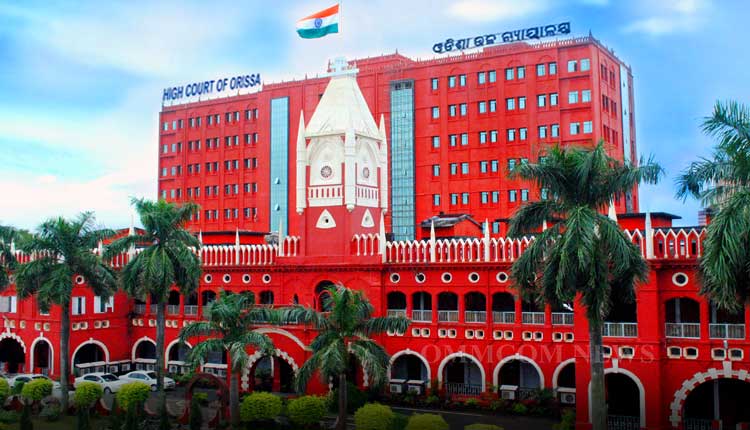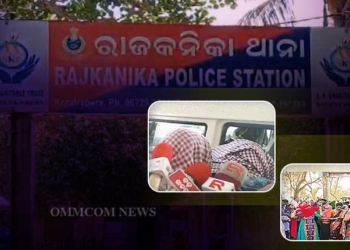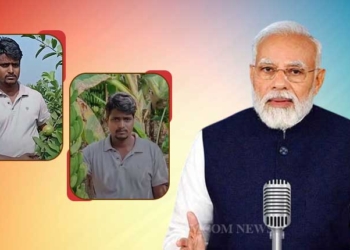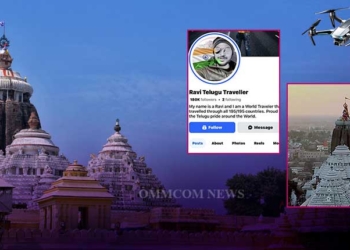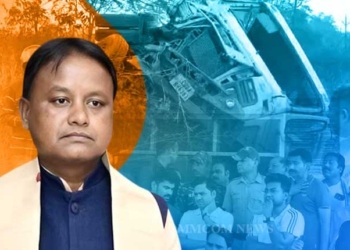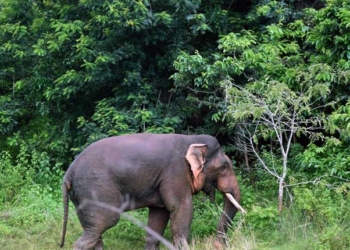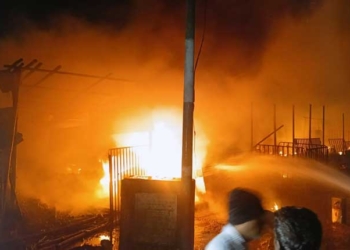Cuttack: The Orissa High Court has directed that National Highway-59 (NH-59) must not be obstructed during the Danda Jatra festival in Baliguda, Kandhamal district.
The court has instructed the Kandhamal district administration to ensure that the religious procession does not take place on the national highway. Danda Jatra, a tribal dance festival, is held annually from April 1 to 14 in the Baliguda region during the Chaitra month.
Justice S.K. Panigrahi issued the directive while hearing a petition filed seeking intervention against the inaction of the administration in stopping the Danda Jatra procession on NH-59. The single-judge bench made the observation in response to the plea.
The petitioner, Chitta Ranjan Nayak, a resident of the region, filed the petition. Advocate Sujata Jena, appearing on behalf of Nayak, informed the court that the Danda Jatra has been celebrated in Kandhamal and Ganjam districts for the past 100 years.
As part of the festival, deities from various villages are brought to a common location. Each village has a Danda committee that organizes the local celebrations, held every year between April 1 and 14. Devotees who wish to participate observe fasting for 14 days, and several other rituals are also performed during this period.
She stated that around 20 Danda committees operate in the Baliguda block, out of which 13 are authorized to hold processions on different dates. An estimated 30,000 people are expected to gather on the road.
She highlighted a traditional practice where devotees roll on the road with bare upper bodies. Due to the intense heat, there is a risk of physical harm. Moreover, since the national highway is a major thoroughfare, rolling half-naked on it could also pose a public health hazard. Such acts on a national highway could inconvenience drivers and pedestrians, she argued.
Taking the petitioner’s concerns into account, the court directed the Kandhamal Collector, Baliguda Sub-Collector, and Kandhamal SP to take appropriate measures to prevent devotees from rolling on the main road. They may, however, carry out this traditional practice on bypass roads, side lanes, or sub-lanes connected to the highway.
The authorities must also ensure that the national highway is not blocked and that no inconvenience is caused to vehicle drivers or the general public using the road, Justice Panigrahi emphasized.




